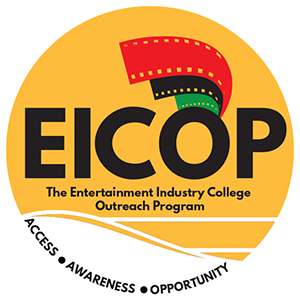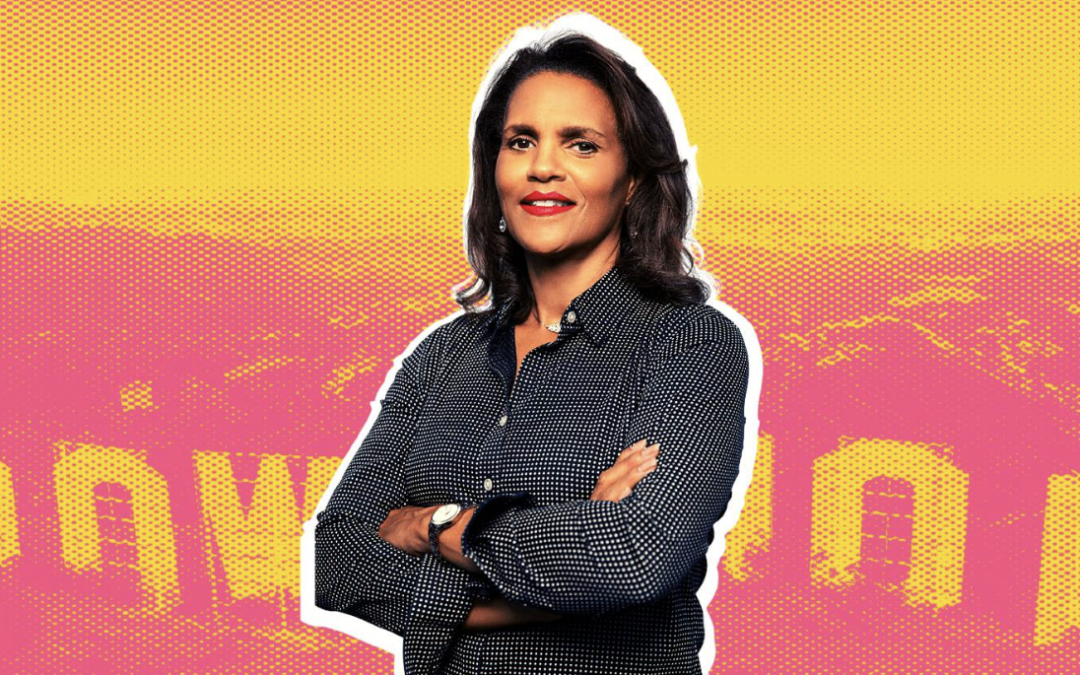When #OscarsSoWhite took centerstage, I knew the industry needed to focus on its overall workforce rather than band-aid programs to achieve its goals for real change to happen. While writers and directors programs from major entities such as Disney, NBCU, Netflix, CBS, and the WGA are good, they are likened to a lottery system. A key component in achieving diversity, equity, and inclusion is creating a workforce made up of the very communities the industry serves and opening its doors to more diverse resources, such as Executive Temps, to provide quality staffing support. In order to do this, the industry will need to eliminate systematic barriers to entry that many from underserved communities face. Chief among them is to eliminate the geographical and financial barriers that impede access to careers in the industry.
For many, breaking into the insular arena I call, “Hollywood’s coveted inner circle,” it’s about who you know and where you went to school. While researching my book, Leveraging UP! The Key to Launching Your Entertainment Career, I learned the founding members of the Academy of Motion Picture Arts & Sciences established a joint venture with the University of Southern California to form the first film school in the nation for the purpose of preserving the art of moving pictures. Those founding members served as the founding faculty of USC’s film school. Understanding the power of this type of institutional and industry collaboration further fueled my drive to put HBCUs on the map.
In 2009, I began a nationwide book tour to colleges, universities, top film schools, and HBCUs. During my visits to HBCUs, I realized there was a major disconnect between our industry and these institutions. I knew it was up to me to usher in the change.
That change came in 2010, when I launched the HBCU College Tour. The tour brought educational career forums to both students and faculty and, in many cases, brought major industry organizations to HBCUs for the first time. In order for the industry to successfully recruit the best and brightest diverse student leaders, it needed to go back to its roots of sourcing talent from institutions of higher learning; only this time, it would include our nation’s HBCUs. HBCUs have a 150-year history and legacy producing leaders and visionaries. My goal was to reach all 102 campuses.
When the tours gained the attention of The White House, I was honored (and shaken) to receive a call from the executive office of President Obama’s administration. This led to a partnership with the White House Initiative on HBCUs and, ultimately, the establishment of the Entertainment Industry College Outreach Program (EICOP) as an educational arts 501c3 workforce development non-profit organization. Our premiere internship program, HBCU in LA, began in 2017, and this past summer, we expanded the program to New York.
The HBCU in LA program has opened the industry’s doors to hundreds of HBCU students from across the country, providing them with an immersive 10-week paid internship experience. This innovative program includes paid housing, professional development, a speaker series, collaborative film studies, capstone projects, and more. The program exposes students to myriad career opportunities that support the infrastructure of the business behind the business. Students are also provided with an opportunity to share their creative gifts and talents via our student film project. At the end of the summer, the program showcases the next generation of creators by inviting industry leaders to our HBCU Student Showcase event.
We are proud to be the first program to spotlight above and below-the-line diverse talent. Our inaugural student film project, UCHAWI, was created and written by Troi Henderson, a talented young female creative who is currently working for Jordan Peele’s Monkeypaw Productions. The entire production crew and cast were made up of HBCU students, with young women serving in the roles of DP, director, production design, line producer/UPM, publicists, marketing, and event team. We currently have three projects in the can and one dramatic play, 1817 A Slave Odyssey, that was performed on the Disney lot last summer before a live industry audience.
It is incredibly rewarding to witness young students of color realize their dreams of making it in this business—to watch them arrive not knowing how they will be received to being empowered by knowing their dreams are attainable. As a woman of color, I have witnessed the sisterhood of young women graduating from HBCUs and entering the entertainment industry knowing their power, the importance of their voices, and the critical role they play in ensuring their images and experiences are reflected in the media.
Get ready for your red carpet moment with hair care from a Black-owned company…
The program’s impact and success are illustrated by the number of participants that convert from intern to hire year after year. We boast a proud conversion rate of 90%! It works! And, after six short summers, we are proud to say our alumnus Jon Kee has joined the executive ranks as Literary Manager for Circle of Confusion. Other program participants are working at studios, agencies, networks, production companies, post houses, VFX, and PR firms.
What’s behind EICOP’s success is the community of support we provide, along with a strategic and intentional approach to create a more equitable, diverse, and inclusive industry, while changing the lives of HBCU Scholars one student at a time.
Site: https://www.thecherrypicks.com/stories/stacy-milner-diversifies-hollywoods-pipeline-with-hbcus/


Recent Comments